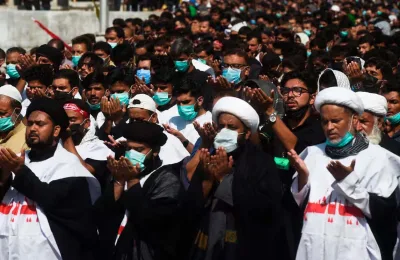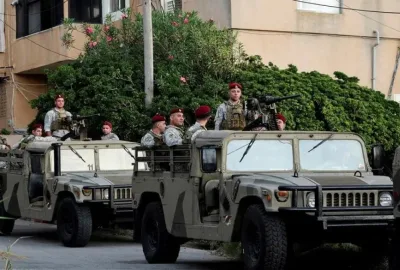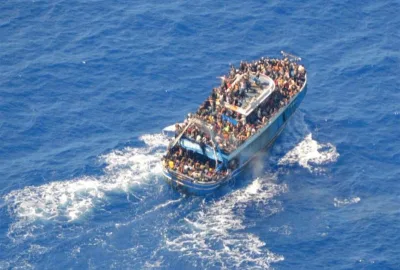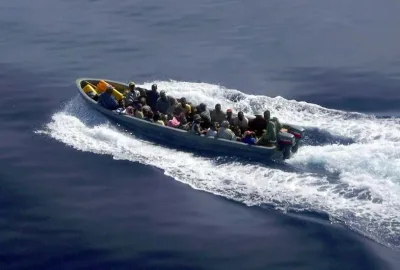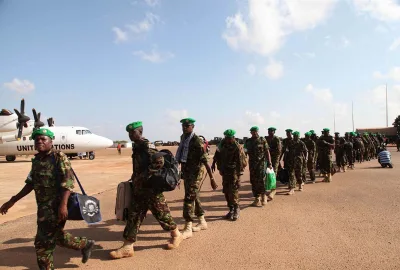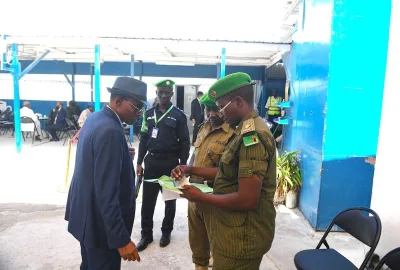The Turkish Ministry of Defense in an unusual move on Monday tweeted photos of Qatari officers…
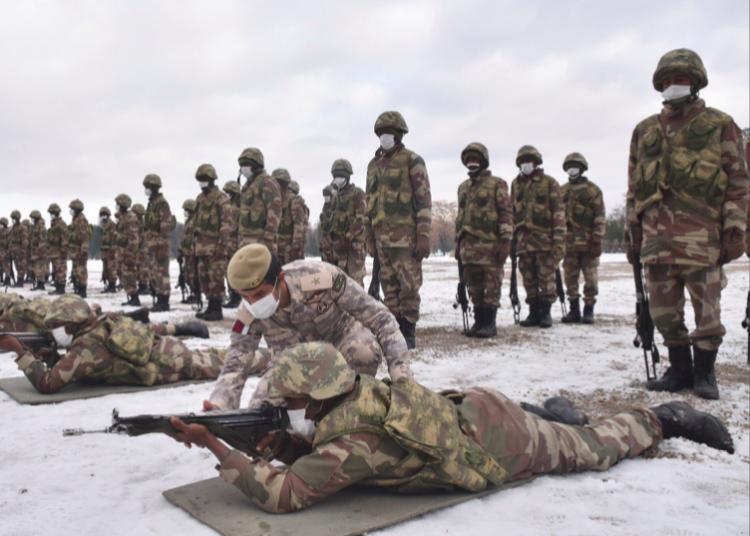
The Turkish Ministry of Defense in an unusual move on Monday tweeted photos of Qatari officers training Somali soldiers in Turkey. Not disclosing why the military training in Turkey was given by Qataris, the ministry announced that 350 Somali soldiers received commando training at the Anti-Terrorism Training and Exercise Center Command in the western city of Isparta. Last May Somali dissidents stated that the soldiers trained by and in Turkey were used against them.
Turkey and Qatar have made significant investments in Somalia, and the two allies have acted together militarily and politically in the country, particularly in pursuing a pro-Muslim Brotherhood agenda for a long time. While Turkey supports Somalia militarily, Qatar finances its intelligence units.
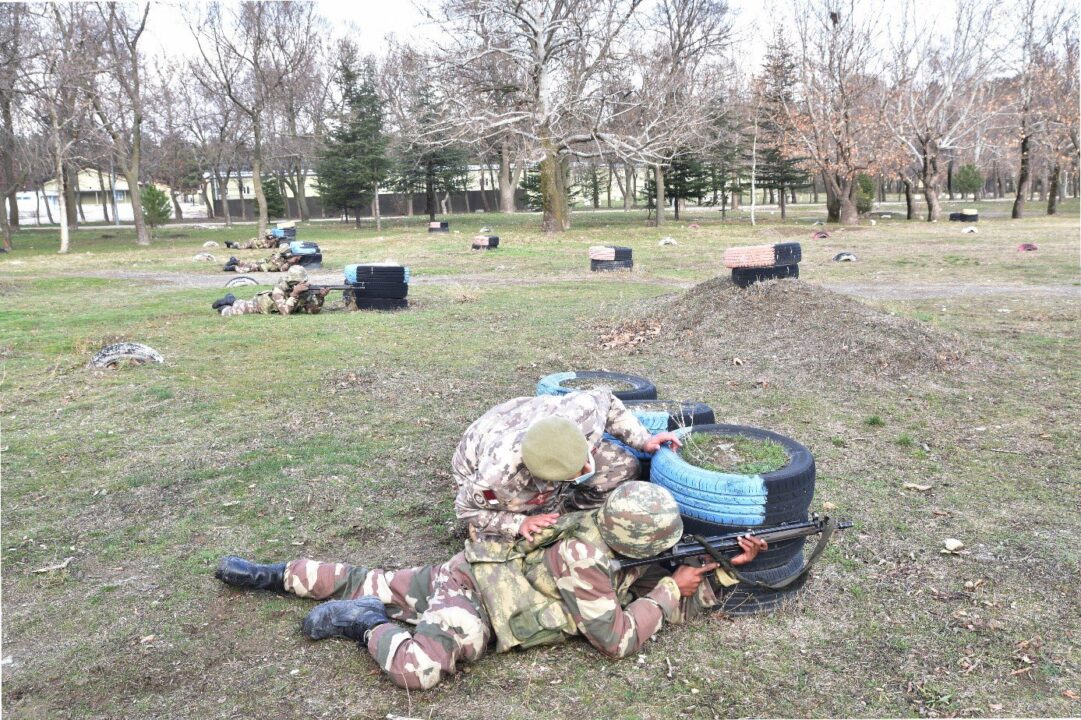
During a political crisis in May, Turkey and Qatar-backed Somali President Mohamed Abdullahi Mohamed (aka Farmaajo) announced that he was extending his mandate by two years by postponing the elections. Street clashes broke out as a result of this decision, which drew the anger of the opposition. It was claimed that the military units trained by Turkey to fight the radical Islamist organization Al-Shabaab were also used in the brutal intervention of the of the Somali government’s security forces against the opposition. Statements and visual data from Somali sources speaking to BBC reinforce the claim that these units are used as a “means of pressure.”
Although Farmaajo announced that elections would be held later, this promise has not yet been fulfilled. Somali leaders last week agreed to conclude elections by February 25.
Turkey considers the Somali army the guarantor of its presence in the vulnerable and fragile African country and is continuing its assistance by donating military equipment and training army personnel. Through its military training base and defense industry cooperation, Turkey is aiming to expand its political influence and military involvement in Somalia and the Horn of Africa. Following the withdrawal of African Union Mission to Somalia (AMISOM) troops in December 2021, Turkey is becoming a dominant factor in shaping the Somali army.
Turkey has been building a strong relationship with Somalia since 2011, when it began providing the country with humanitarian aid to tackle a famine. Turkey has sought to increase its influence while initiating development projects, opening schools and training Somali soldiers as part of efforts to build up the war-torn country’s army. In the last decade, it has built a military base in the capital, and companies linked to Turkish President Recep Tayyip Erdoğan run both Aden Adde International Airport in Mogadishu and the port.
According to some experts an energy and mining cooperation MOU signed in 2016 will open up the waters off the Somali coast to Turkey’s drilling vessels and President Erdoğan’s energy giants.
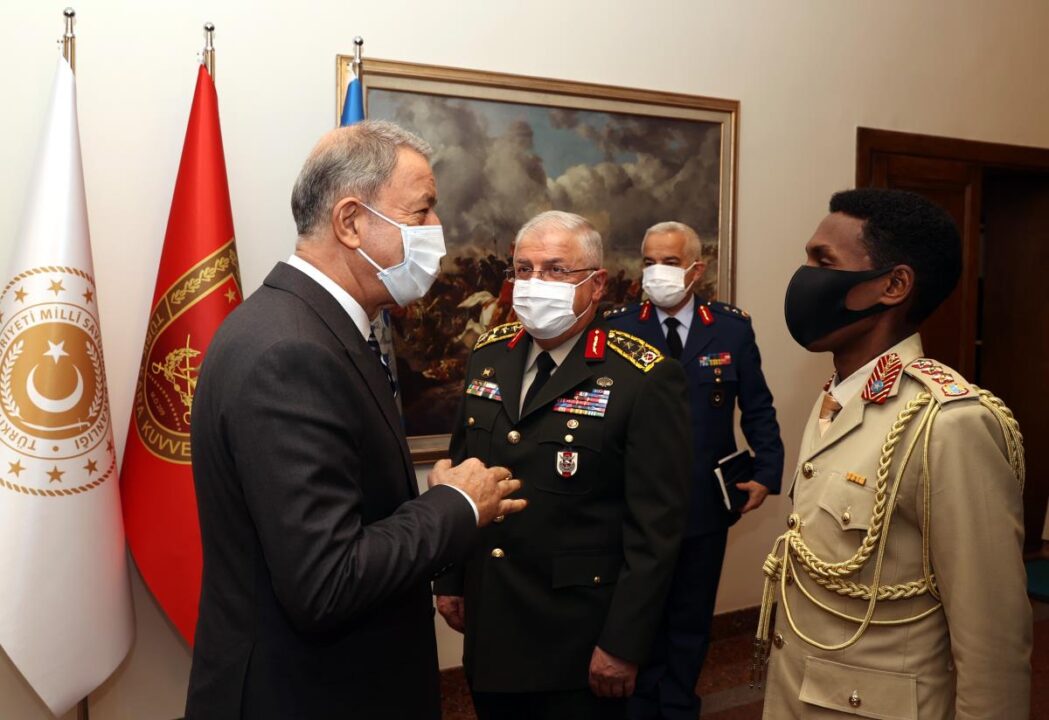
Nordic Monitor previously published a classified report by Turkey’s Financial Crimes Investigation Board (MASAK) that showed how the Erdoğan government hushed up a probe into hundreds of thousands of dollars in aid to al-Shabab. According to the MASAK report, the Turkish Foreign Ministry sent letter No. 48378 to MASAK on March 22, 2013, attaching a request for information sent by the US Treasury’s Office of Terrorism and Financial Intelligence, led by Under Secretary David S. Cohen at the time. The intelligence picked up by the Americans indicated that Turkish national İbrahim Şen and his brother Abdulkadir Şen were involved in delivering $600,000 to al-Shabab between September and December 2012. Turkish authorities kept the probe into the Şen brothers quiet.
Most recently the Erdoğan government decided to donate $30 million to Somalia in line with an international agreement signed between the two countries in July. The money will be used for Somalia’s budget financing and institutional capacity-building. Last year, the Turkish government paid part of Somalia’s debt to the International Monetary Fund (IMF) as a deduction from some 11.9 Special Drawing Rights returned by the IMF to Turkey on March 25 to compensate for the loss of income by the fund’s non-performing interest receivables and the Special Contingency Account.


